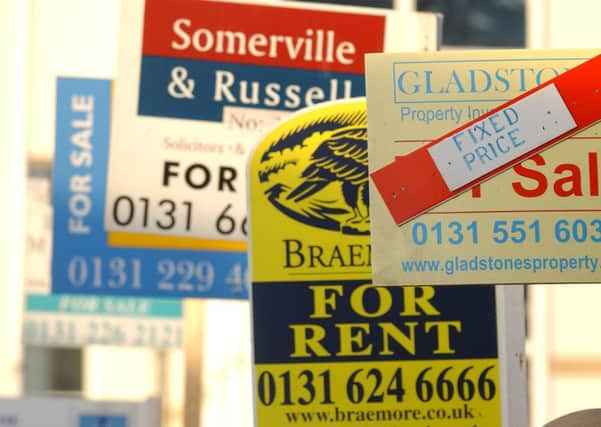4 key points for your buy-to-let budget


Focus on the income
The “rental yield” is the net sum you will receive annually in rental income after all expenses. Expenses include one-off payments such as legal and surveying fees and ongoing costs for mortgage repayments (if applicable), insurance, maintenance and so on. The rental yield is calculated by dividing the cost of the property by the annual net income – e.g. rental income of £9,600 a year from a flat costing £200,000 equates to an annual return of 4.8 per cent. Rental income is subject to income tax, although certain costs can be set against this.
Funding the purchase
Yields of the type mentioned above are the main reason why more people with large amounts of cash in banks and building societies have been moving into buy-to-let, given the current low returns from savings accounts. Some opt to buy a property outright while others prefer to keep their options open by paying with, say, a 50/50 split – half in cash and half through a mortgage. Anyone funding the venture partly with borrowed money should make allowances for any rise in interest rates at some time in the future.
A business, not a hobby
Advertisement
Hide AdAdvertisement
Hide AdCareful budgeting should also apply to any spending on the interior. A property should be comfortable, well equipped and attractively presented, but try to resist the temptation to add peripheral items that might be costly yet add little to the amount of rent obtainable. Also, avoid decorating or furnishing the property to your own particular tastes; an attractive but “neutral” interior will appeal to the widest range of potential tenants, hence by implication lessening any “rental voids” (periods when the property is lying vacant).
Location, location, location
It’s an old adage but as true as it ever was. A property will provide good letting income only if located in a neighbourhood that appeals to the market in mainstream tenants. For this reason, having determined how much you can afford to pay, it is best to spend the same sum of money on a mediocre property in the best area than the best property in a mediocre area.
This strategy will pay dividends not just in terms of income but is likely to enhance the property’s overall return – i.e. a combination of rental income plus capital growth in the years to come.